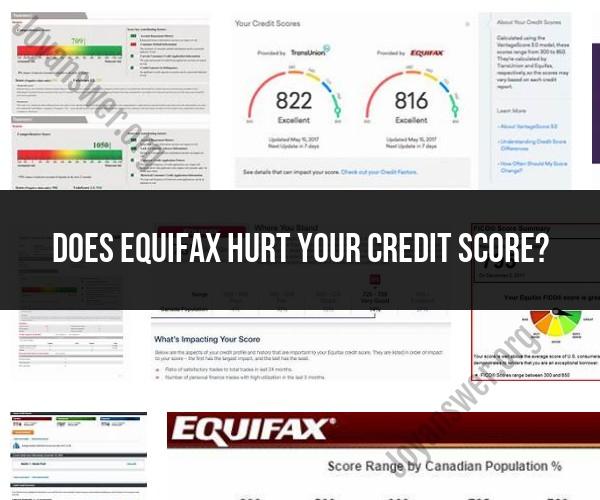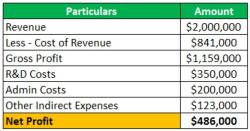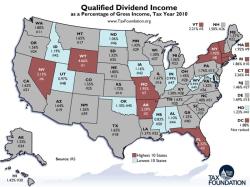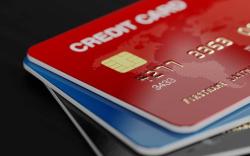Does Equifax hurt your credit score?
Equifax, one of the three major credit bureaus in the United States, does not directly impact your credit score in the sense that it doesn't make decisions that lower or raise your credit score. Instead, Equifax is a credit reporting agency responsible for collecting and maintaining information about your credit history, including your credit accounts, payment history, outstanding balances, and public records (such as bankruptcies or tax liens). Equifax, along with the other major credit bureaus, Experian and TransUnion, provides this information to lenders, creditors, and other authorized parties.
Here's how the relationship between Equifax and your credit score works:
Credit Reporting: Equifax, like the other credit bureaus, gathers information from various sources, such as banks, credit card companies, mortgage lenders, and public records. This information is compiled into your credit report.
Credit Scoring Models: Credit scoring companies, such as FICO and VantageScore, use the information in your credit report to calculate your credit score. These scoring models assign a numerical value to your creditworthiness based on factors like payment history, credit utilization, length of credit history, and more.
Credit Inquiries: When a lender or creditor checks your credit report as part of a credit application (e.g., for a loan or credit card), it results in a hard inquiry. Multiple hard inquiries in a short period can have a temporary negative impact on your credit score.
Credit Utilization: Your credit utilization ratio, which is the amount of credit you're using compared to your total available credit, is a significant factor in your credit score. Equifax provides information on your credit card balances, which can affect this ratio.
Payment History: Equifax reports your payment history, including any late or missed payments. Consistently making on-time payments helps improve your credit score.
Credit Mix: Equifax also records the types of credit accounts you have, such as credit cards, mortgages, auto loans, and installment loans. A diverse mix of credit accounts can positively impact your credit score.
So, while Equifax doesn't directly hurt or help your credit score, it plays a crucial role in the credit reporting process. Maintaining a positive credit history and paying your debts on time will ultimately have a positive impact on your credit score as reported by Equifax and the other credit bureaus. It's essential to regularly review your credit report from Equifax and the other bureaus to ensure accuracy and address any errors that could negatively affect your credit score.
Equifax and Your Credit Score: Does It Impact Your Rating?
Yes, Equifax is one of the three major credit bureaus in the United States, and your Equifax credit score can impact your credit rating. Lenders use your credit score to assess your creditworthiness and determine whether to approve you for a loan and what interest rate to charge you.
The Impact of Equifax on Your Credit: How It Works
Equifax collects information about your credit history from a variety of sources, including lenders, creditors, and public records. This information is then used to calculate your Equifax credit score.
Your Equifax credit score is a three-digit number that ranges from 300 to 850. A higher credit score indicates a lower risk of default, and lenders are more likely to approve you for a loan and offer you a lower interest rate if you have a good credit score.
Equifax's Role in Credit Scoring: Insights and Effects
Equifax is one of the three major credit bureaus in the United States, and your Equifax credit score is one of the factors that lenders use to determine your creditworthiness. A good Equifax credit score can help you qualify for loans with lower interest rates and better terms.
Here are some tips for improving your Equifax credit score:
- Make all of your payments on time and in full.
- Keep your credit utilization low.
- Avoid opening too many new credit accounts in a short period of time.
- Dispute any inaccurate information on your credit report.
If you have a low Equifax credit score, it is important to take steps to improve it. A good credit score can save you money on loans and other forms of credit, and it can also make it easier to get approved for housing and other rentals.













